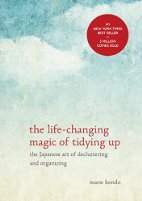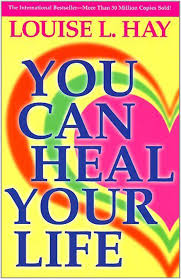
_The Psychology of Everyday Things_ by Donald Norman
Over a year ago, a colleague recommended this book when we were having a philosophical talk about the world. It took me quite a while to get through the book, to be honest as it was written in 1988 by an obvious academic. Despite the very old looking pages and black ‘n’ white photos in the text, it was actually a very interesting read.
The purpose of the book is to understand how the design of everyday things in our lives can cause unnecessary confusion or waste of time due to poor design. Norman argues that in many cases the designers do not consider the end user. Or if they do, the design may be changed due to a companies decision to save money leading to an important loss for the user.
Some examples he provides are door handles. Ever been caught pushing instead of pulling despite the sign right in front of you that says to Pull? Or what about looking at a device with an instruction manual and not knowing how to make heads or tails of it?
Many of his examples resonated with me despite the old “age” of the technology cited as I remember thinking “How do I use this thing?” before.
As a bit of a ‘geeky’ person, it was a really good book. As someone who is left-handed, it also gives some satisfaction to know that I do have something to complain about!
~T



